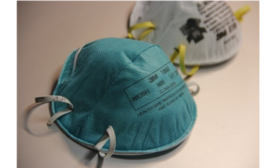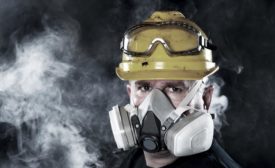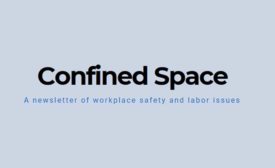Home » occupational exposure
Articles Tagged with ''occupational exposure''
Miller introduces supplied air respirator for T94i-R™ series welding helmets
New offerings in respiratory product lineup enhance welder comfort and productivity
January 8, 2019
From Rockford Systems:
New ejection curtain protects hydraulic press operators against dangerous, high-velocity debris
January 2, 2019
A Confined Space blog post
Weekly Toll: Human statistics who won’t be coming home
December 12, 2018
Become a Leader in Safety Culture
Build your knowledge with ISHN, covering key safety, health and industrial hygiene news, products, and trends.
JOIN TODAYCopyright ©2025. All Rights Reserved BNP Media.
Design, CMS, Hosting & Web Development :: ePublishing







